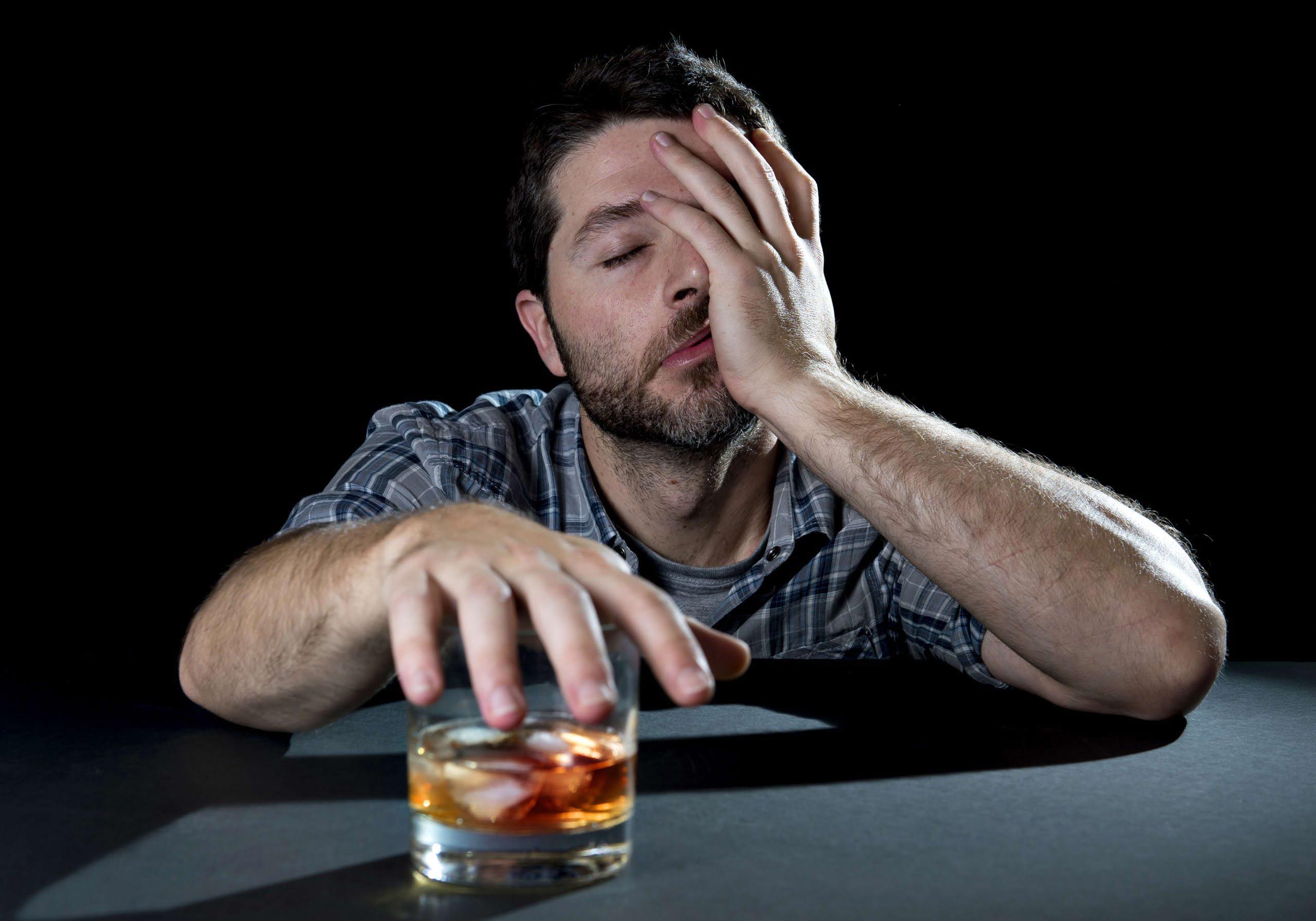Fortunately, these withdrawal symptoms shouldn’t last very long — about a week — but listen to your body in case something feels abnormal during this time. Try to stay focused on your end goal, and call your doctor if something doesn’t feel right. Some people can develop a severe form of alcohol withdrawal known as delirium tremens, or DTs, that can cause a severe shaking or shivering.

Regular consumption of alcohol alters the function and production of neurotransmitters in the brain. The absence of alcohol can cause these neurotransmitters to become imbalanced. As a result, the brain has difficulties controlling the fine motor muscles and sends unexpected electrical signals to your body, resulting in tremors. Hangover shakes are tremors that some people experience after they stop drinking alcohol.
Overcome your addiction today with the help of the best addiction rehab centers in the U.S.
Quitting alcoholism may not be so easy to do without professional help. The “how to get rid of shakes from alcohol withdrawal” question is one that only a trained medical professional can answer, self-medication may do more harm than good. Some users often go for cold-turkey quitting to stop alcoholic shakes. However, this can be quite unpleasant and requires the counsel of a medical specialist. The type of detox addiction treatment or level of intensity needed depends on the severity of alcohol use and other health factors.

As such, it’s important to take a step back and reflect when you notice alcohol tremor signs. Other symptoms of alcohol-related cerebellar dysfunction can include poor coordination and balance, clumsiness, an unsteady walk and involuntary back-and-forth eye movements known as nystagmus. Some individuals also develop damage to the peripheral nervous system, which may cause muscle weakness, numbness, tingling and burning pain in their extremities known as peripheral neuropathy. If you or someone you love is struggling with alcohol dependence or addiction, Futures Recovery Healthcare is here for you.
Signs of Prescription Drug Abuse
Although alcohol will clear the body within a few days, cravings, shakes, and other withdrawal symptoms may linger longer. Once the body is free of alcohol, an individual can begin addiction treatment. They occur more often in people who use alcohol regularly, which may be due to brain damage from excessive alcohol use.
- It can begin as nothing more than a misstep and eventually manifest into a complete loss in motor function.
- As such, the patient will require medical supervision during the 48 to 72-hour period.
- While there is more that goes into aftercare, these two facets of it allow the client to fully mitigate their alcohol shakes.
- If you or someone you know is experiencing alcohol shakes, seek medical advice from a qualified healthcare provider.
Your path to treating alcohol shakes will depend on the frequency and severity of your tremors. When in doubt, you should always seek support from a medical professional, as alcohol withdrawal can be dangerous. If you opt for outpatient treatment, you’ll likely be given sedative drugs to take at home to ease withdrawal symptoms and have to get routine blood tests shaking from alcohol to make sure you’re staying on track. You may also need to get tested for other medical problems that could be connected to your alcohol abuse. Moving forward, you may also need to go to patient and family counseling to discuss your alcoholism. It is important to reduce and stop drinking in a safe and controlled manner when you are addicted to alcohol.
Look to the power of natural remedies to control your alcohol shakes
One of the main physical symptoms of a damaged cerebellum is a chronic shaking of the hands. Being that alcohol shakes are usually tied to alcohol use disorder, most addiction specialists will chart a course of recovery that extends well after the medical detox period. While we’ll address that further down, it’s important to mention that, during detox, the alcohol shakes will usually increase in intensity.
Withdrawal symptoms may be impacted by co-occurring mental or physical health conditions. Sometimes, hangover shakes can be a warning that more serious effects like DT might follow. People living with AUD may be at higher risk of severe complications if they abruptly stop drinking.
This is amplified if the alcoholic is abstaining (we’re speaking mostly towards the initial period of detox here). Outpatient detoxification may be the first stage of treatment for someone with a less severe substance abuse condition. Hepatic encephalopathy develops when the liver cannot filter toxins from the blood that affect the brain cells. Nicknamed the ‘liver flap,’ this tremor is often compared to a bird flapping its wings and look similar to symptoms of Parkinson’s disease. The FHE Health team is committed to providing accurate information that adheres to the highest standards of writing.
- He is an expert in medical content development, especially in the field of addictions, general health, homeopathic medicine, and pharmaceuticals.
- DT’S will typically appear around 2-4 days after a person’s last drink.
- Whether it’s social drinking, binge drinking, or chronic alcoholism, excessive consumption can lead to these tremors.
- To understand what causes alcoholic shakes, you first have to understand what happens in the body when you drink alcohol.
- If you or someone you love is struggling with alcohol dependence or addiction, Futures Recovery Healthcare is here for you.
- However, it could be the second stage of treatment for someone who has completed alcohol detox at an inpatient rehab facility or a controlled residential environment like a halfway house or recovery facility.
They should see a healthcare professional if they experience post-drinking tremors. Alcohol shakes, also known as tremors, are a common sign of alcohol withdrawal. They typically occur when someone who regularly drinks significant quantities of alcoholic beverages stops drinking, and the effect of alcohol starts wearing off. If you or someone you know is experiencing alcohol shakes, it’s important that you reach out to a clinic like our Florida alcohol rehab center and get help today. The only way to stop the problem is by abstaining from alcohol, then digging deeper to ensure no permanent damage has been done.
For this reason, detoxing with medical supervision may be necessary to keep a person safe and comfortable during alcohol withdrawal. Treatment for alcohol shakes and tremors depends on the severity of alcohol use. While some people can independently rid themselves of the shakes, others may need medical intervention. For more information about the alcohol treatment programs we offer and how we can help you end your battle with alcohol and get back to a healthy life, contact FHE Health today. How you stop alcoholic shakes is going to depend heavily on why the shakes are happening. However, alcohol shakes are often the first sign that a more serious problem exists.
- By answering these questions, you can usually gauge the severity of the shakes.
- Drinking alcoholic beverages slows down brain functions and inhibits certain chemicals that help regulate mood.
- Typically, symptoms are most severe from 24 to 72 hours after last drinking.
- Committing to an effective alcohol treatment program gives the best chance for a successful, long-term recovery.